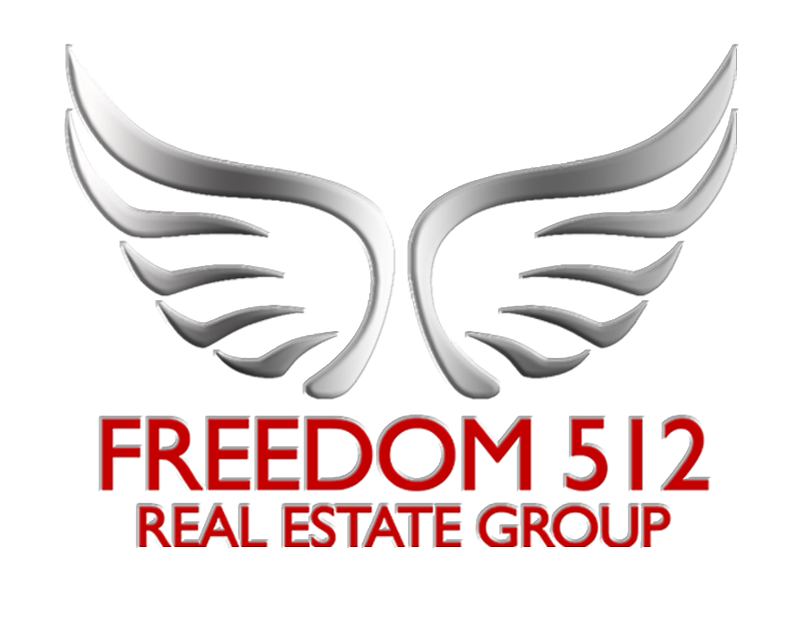
Moving in to a new house and neighborhood is an exciting time, filled with mixed emotions and plenty of to-do lists. Whether you are moving across town, or across the country, there is a lot to prepare, while keeping an eye on budgets and timelines. Moving expenses are bound to pop up, from balancing two mortgages (or rent and a mortgage) during a transition, actually transporting your belongings, or unexpected storage fees, here are a few easy tips and resources to assist in planning your moving expenses.
Hiring professional movers. Depending if you are moving down the block or across the country, you may want to consider hiring professional movers. Local movers typically charge an hourly rate of $80-100 per hour for two professionals and a truck, with additional services available to add on if needed. The size of the move heavily impacts this cost, so consider this average breakdown, provided by HomeAdvisor:
- 1-bedroom apartment
- Estimated time of move = 3-5 hours
- Average price range = $200-$500
- 2-bedroom apartment
- Estimated time of move = 5-7 hours
- Average price range = $400-$700
- 3-bedroom house
- Estimated time of move = 7-10 hours
- Average price range = $560-$1,000
- 4-bedroom house
- Estimated time of move = 10+ hours
- Average price range = $800-$2,000+
When you are moving more than 100 miles from your current location, you may also need to add in mileage and additional charges depending on the weight of the transfer. If your move is due to an employment change, see if your new company offers relocation benefits.
Also keep in mind the time of year and availability of movers. May through September is typically the busiest moving season (especially the weekends!), so plan ahead at least 3-4 weeks when scheduling a moving team.
Truck Rental. Are you planning on renting a truck and doing the packing yourself? Or would you like to save your back and spend the extra time dreaming of your new home decor, while hiring a crew to pack for you? Flat, per-day truck rental starts around $25 plus gas, depending on your location. Recruit some friends for the heavy lifting and you can keep this area of your budget relatively low. Full service packing and unpacking ranges from $500-2,000, based on the size of your home.
Temporary Storage. Often when buying and selling a home, the dates may not match up and you need a space for temporary storage. If your mother-in-law’s garage is not an option, consider a storage unit or moving container. Storage facility rates start around $50 per month for a small unit and go up from there, depending on size. Portable storage units are also available and conveniently delivered to your home. These units can be dropped off to be loaded by you, then stored in a warehouse or delivered to your new residence. These run about $150-300 per month, plus delivery costs.
Moving Supplies. Don’t forget to factor in boxes or plastic containers for storage and moving, as well as tape, labels, and packing supplies (such as blankets, bubble wrap, or packing paper). Prices will vary by location and amount needed, but you can safely figure $50-200. It is also helpful to search social media sites for those looking to recycle or off-load used boxes and materials.
Additional costs and questions to keep in mind:
- Do you need to move additional vehicles, boats, or motorcycles? What about large or fragile items, such as swing sets, pianos, or oversized furniture? Check with your moving company to see if these items will incur additional charges.
- Are you moving in or out of a metropolitan area? See if your moving company charges more in these zones, where labor costs are often higher.
- Double check your insurance policy or see what a moving company may offer to protect your valuables in case of damage.
- Read the fine print to discover if there will be hidden charges if movers have to walk a long distance from door to truck, use stairs, or navigate down a narrow street. Also confirm policies related to delays in your moving timeline, or options if your belongings need to be transferred into storage.
The best way to limit your costs and maintain your sanity is to move quickly and plan ahead. The faster you’re out of your old home and into your new one, the less you’ll need to pay in movers, rented materials, storage costs, and overlapping mortgage payments.

